Beijing imposed the ‘Safeguarding National Security’ law on Hong Kong on June 30 — just five weeks after announcing the move via a National People’s Congress motion. The law was directly inserted into the city’s Basic Law and avoided all the usual consultative and legislative processes.
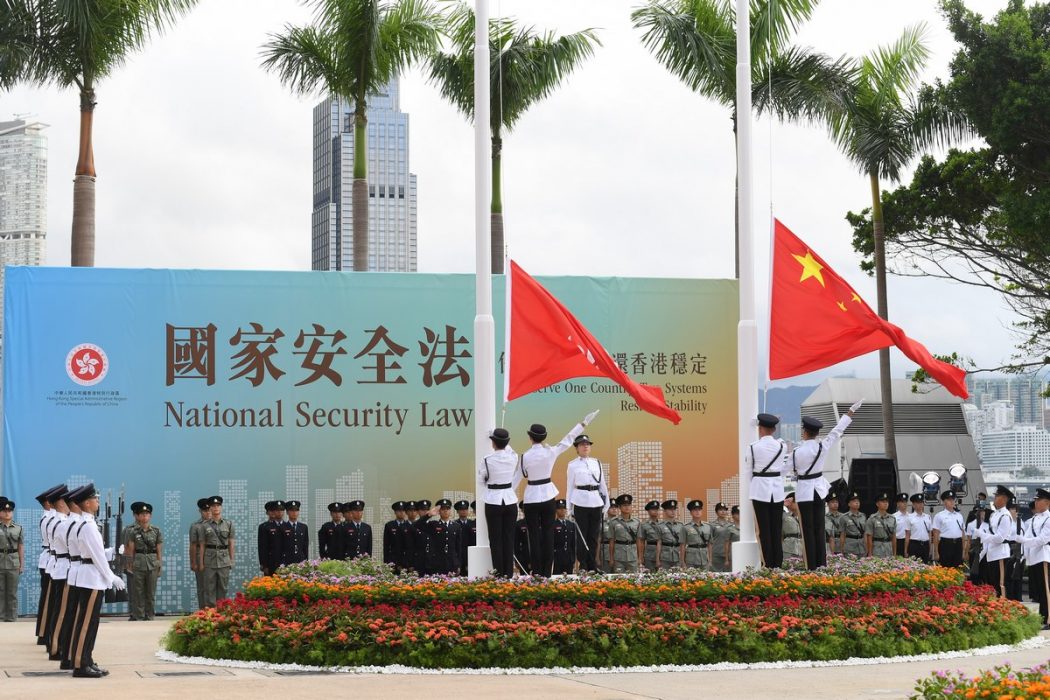
The draft was largely kept secret up to the minute it took effect. Even if China’s leaders were in a hurry, they could have given their Hong Kong subordinates some face by letting them appear involved.
Instead, the peremptory manner of the law’s introduction made it clear Beijing was treating them with the same distrust and disdain as it has for the whole city. For extra humiliation, officials and tycoons had to support the law they knew nothing about.
Media reports focused on the new crimes the law creates — to do with secession, subversion, terrorism, and collusion with foreign forces. Much of the wording was wide-reaching and vague, and indeed some comes from equivalent mainland laws.
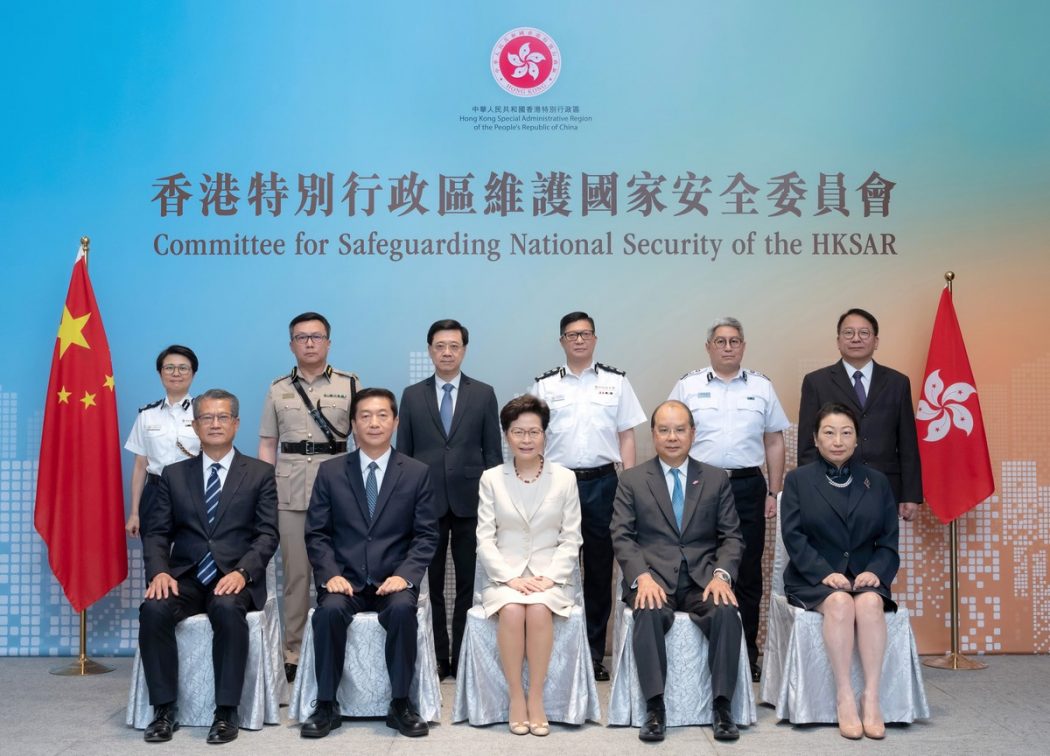
Perhaps more important is the institutional framework that comes with it.
A central government national security office has already been set up, and is headed by propaganda guy Zheng Yanxiong, of Wukan village uprising fame, with deputies from security ministries specialising in hunting domestic dissidents and foreign spies.
A Hong Kong government national security committee has formed. As well as top local officials, it includes Liaison Office boss Luo Huining as an ‘advisor’. In addition, the local Police has set up a dedicated national security section. It will be able to use mainland officials.
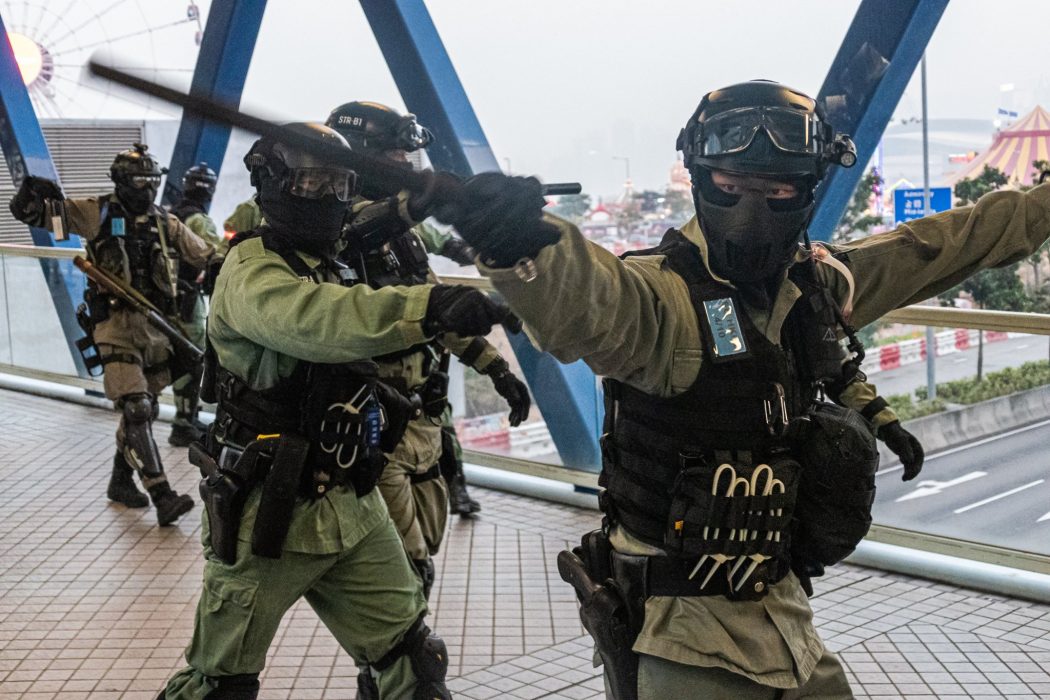
This Hong Kong national security bureaucracy will essentially be part of the national one.
These new bodies will work free of Hong Kong’s traditional constraints on state power. For example: they will operate in secret; the central government office’s agents will not be subject to local jurisdiction; and under Article 43 the special police division will be able to conduct searches without a warrant, freeze or seize assets, conduct intercepts/surveillance, order removal of online materials and force disclosure of information from individuals and businesses.
Accused individuals will either appear before specially selected local judges, maybe in secret or without a jury, or (in undefined complex or urgent cases) be sent off to the mainland system.
The NSL requires the government to “strengthen … oversight and management in schools, social organizations, media, networks.” It applies to individuals, companies and organisations — even if overseas.

So this new framework will reach into any part of local life it wants. The extraterritoriality provisions could make anyone in the world guilty. This overreach is presumably the work of mainland drafters awed by Hong Kong’s famed cosmopolitan nature.
In short, the laws and the elaborate institutional framework are not aimed at a specific narrow issue or ‘a tiny minority of people’. It looks far more like a parallel government — perhaps comparable to the shadow party-secretary function in all mainland bureaucracies.
Although local agencies might be more visible, the mainland officials will be in command behind the scenes (as they seem to have been informally last year with local police and public prosecution functions).
These mainland officials won’t get involved in upgrading parks or deciding public hospital nurses’ pay. But if parks are used for dissident activities, or nurses organise opposition groups, the parallel authorities can step in — in any way they please.
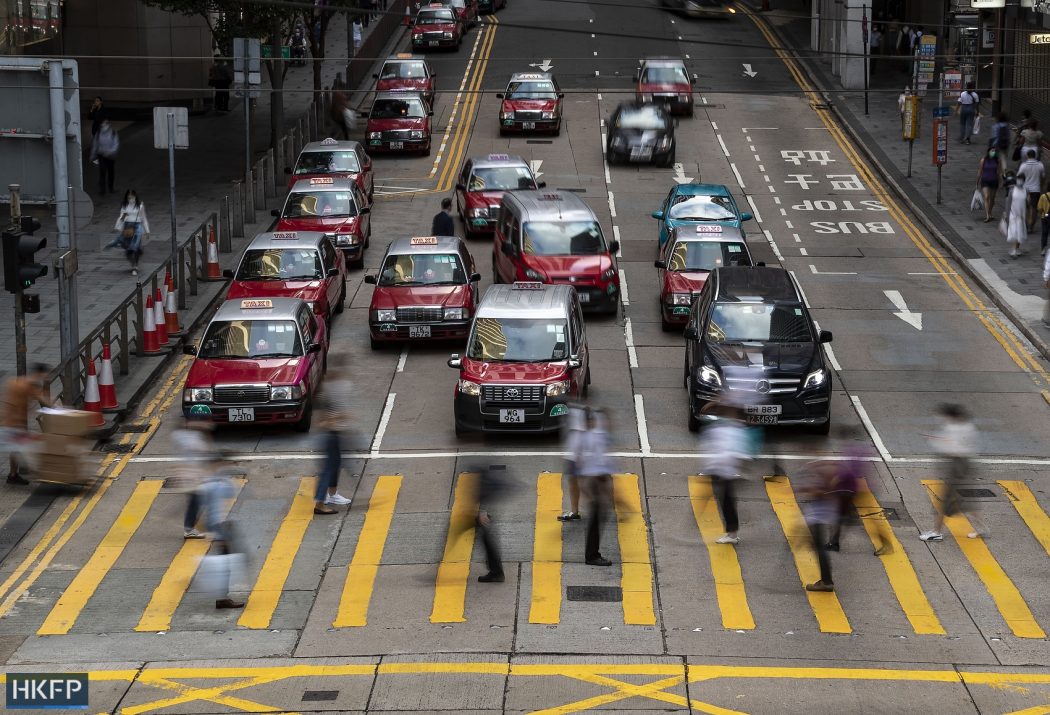
And they almost certainly will. The mainland officials will want to make their mark and get things done. The new law and institutional structures give them significant power, and they are being posted here to use it.
And of course they have no understanding of — indeed, they have contempt for — the freedoms and rights that Hongkongers see as core values that differentiate their city from the mainland. So what can we expect?
The NSL is not just designed to change large numbers of people’s speech and behaviour through fear of falling foul of vague but harsh laws. The CCP’s nightmare scenario is that Hong Kong-based separatist and subversive forces spread across the border. The size and powers of the new and unaccountable institutions suggest that Beijing sees much to do.

We are already seeing the targeting not just of actions, but of opinions and expression of ideas. Chinese officials’ apparent phobia about the ‘Liberate Hong Kong’ slogan and the song ‘Glory to Hong Kong’ gives an idea of how thorough a cleansing of Hong Kong they want.
This campaign will surely embrace a wide variety of dissent (perhaps as ‘incitement of hatred’ of the government). Officials are also pulling books from libraries and schools, banning songs and slogans from schools, and have announced oaths (effectively loyalty tests) for civil servants.
Measures of this sort will drive resistance deeper underground, and make it more creative. Good news for empire-building police who want to spend taxpayers’ money on chasing kids who put blank Post-It notes on walls. It is easy to foresee an actual independence movement forming, based overseas and working on-line.

Internet censorship looks inevitable. If the authorities cannot convince (mainly US) tech companies to do the censorship for them, they will simply block websites. This sort of thing is labour intensive, but all the work is already being done on the other side of the border.
We can expect intimidation of lawyers seeking to defend activists. For example, pro-Beijing newspapers might publish photos of an outspoken lawyer ‘visiting prostitutes’ (if the propaganda officials can’t concoct anything more imaginative). The police will also probably find lawyers attractive targets for their new intercept powers.
The existing intimidation of teachers with incorrect thoughts will obviously get worse. Universities’ academics and projects that use mainland sources could also be accused of stealing state secrets.
And of course this also applies to journalists. The Hong Kong government has refused to give clear answers to a range of specific questions about whether reporters will be liable for, say, merely quoting interviewees’ forbidden opinions.

As for the local political system – such as it is – we can assume it is finished as a semi-participatory process. After enough pro-democrats are disqualified for their views, the legislative council will be no more than a mainland-style local people’s congress.
With the city’s executive now in practice run by Beijing, Hong Kong can also expect to be included in mainland politics – such as campaigns to boost patriotism or praise the national leadership. Such ideological drives will no doubt extend to youth groups, religion and popular entertainment.
On an even darker note, political vandalism and violence by United Front-linked elements will probably become a more common occurrence for government opponents and their sympathisers.
We hear a lot about the impact on business. Companies like Cathay Pacific and HSBC have already been publicly pressured into deferring to Beijing. Even non-tech-sector firms – like all of us – must also ask whether data and communications are secure now that mainland government agents can access anyone’s records and databases without a warrant.
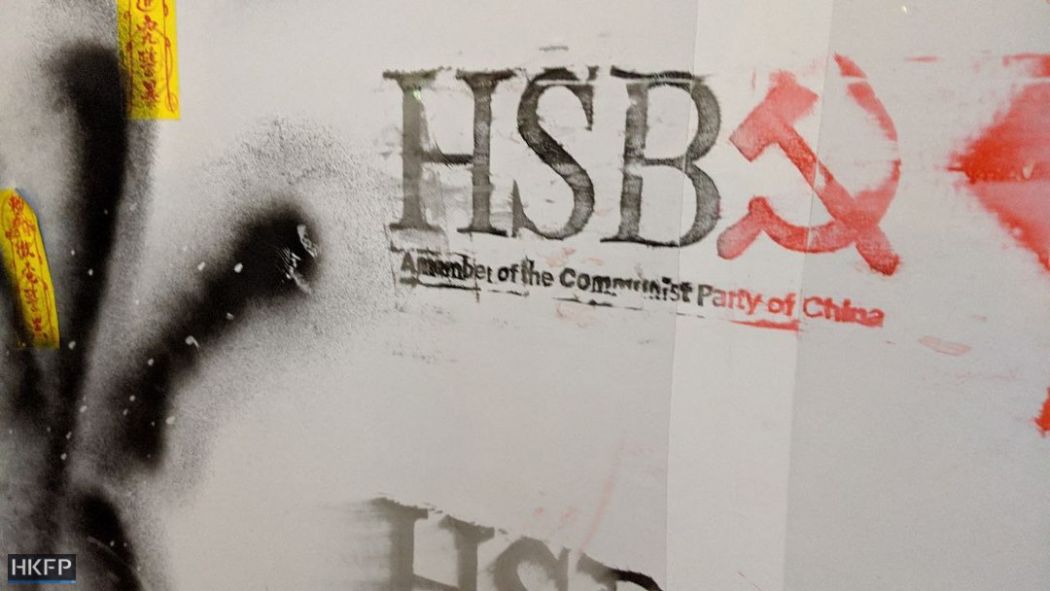
Companies may also be accused of colluding with foreign powers if they obey directives that their home countries implement to impose sanctions on China. Hong Kong’s appeal as a legal services hub can only decline under a more politicised legal system. Don’t expect bureaucrats’ dreams of making the city a ‘creative hub’ to come true, either.
Nonetheless, don’t underestimate the ability of the business sector to bend with the wind if profits and market access are under threat. If there is money to be made, firms will want to stay. A bigger question is whether they will face repercussions in their Western home bases.
This brings us to foreign governments’ rethinking of Hong Kong and China relations, which could affect Hong Kong as much as the NSL itself, as broader tensions between China and the West grow.
For example, emigration levels could rise significantly if other countries open the door to Hongkongers; or Beijing might retaliate against foreign residents if Western countries impose sanctions on Chinese and Hong Kong politicians.
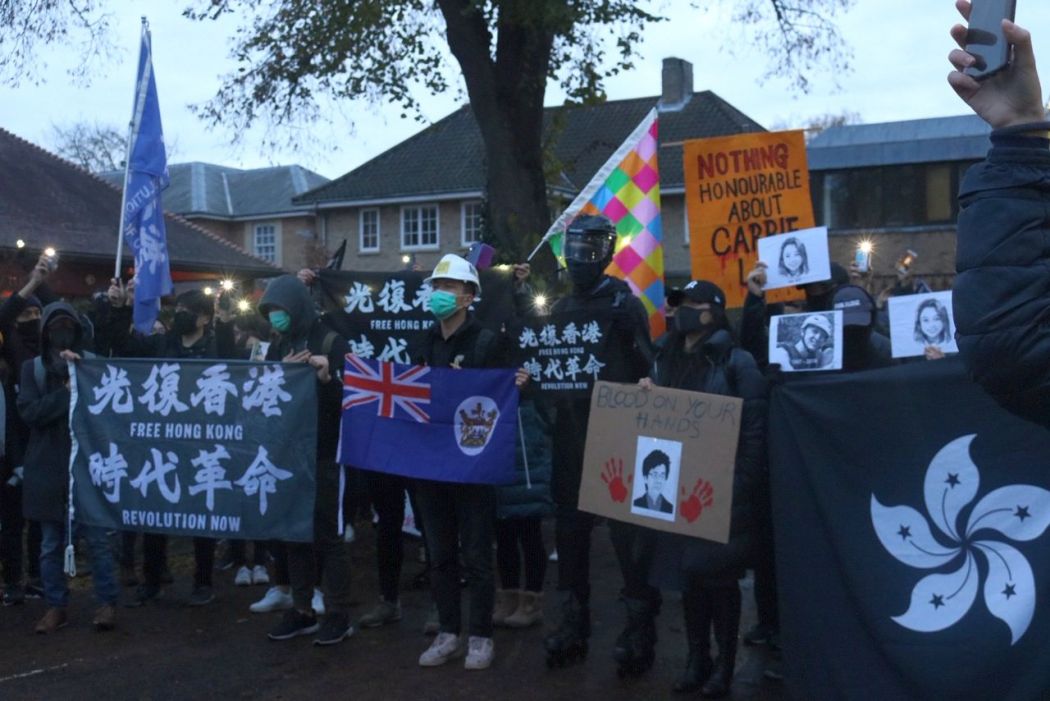
If it starts to feel like Hong Kong is no longer part of a global community but just a part of southern China — albeit with a unique absence of capital controls — that is surely Beijing’s intention.
The list of likely changes could go on. The bottom line is that in implementing the NPL, China has taken the opportunity to push the local administration aside and assume direct control of Hong Kong. Beijing has in recent years stressed that Hong Kong’s autonomy is purely a discretionary delegation of authority — now here’s the proof.
Mainland officials will intervene wherever necessary to bring Hong Kong under control. For example, they will probably demand new policies in areas like housing and welfare, as part of the bigger campaign to command the population’s loyalty.
Unlike most other changes, this may be overdue. But it is another sign that ‘One Country, Two Systems’ is over.
